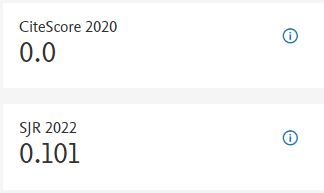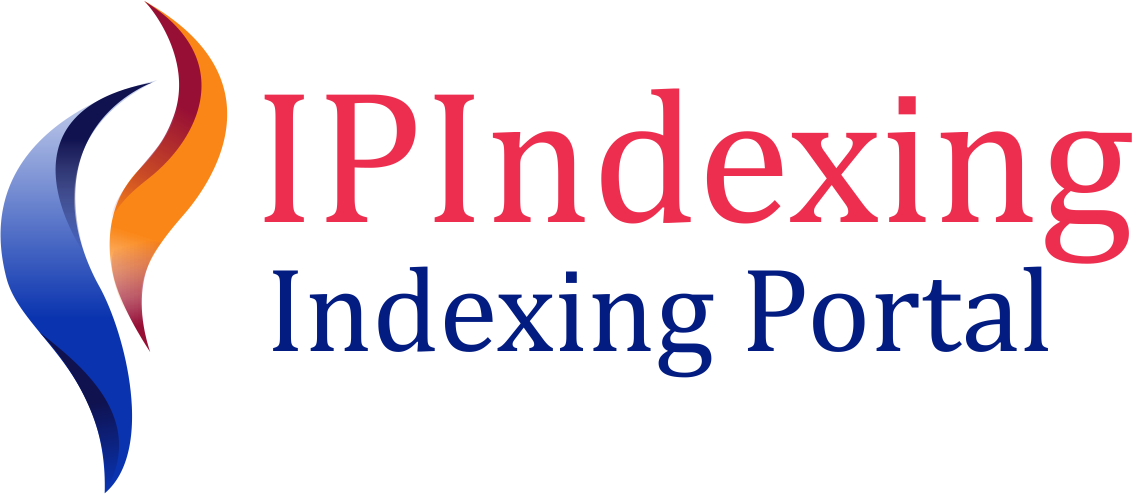Public Health Law’s in India: View from Medical Sociology
DOI:
https://doi.org/10.7492/g9vnhd06Abstract
The public health landscape in India is marked by a complex interplay of social, economic, and cultural factors that significantly influence health outcomes. This abstract explores the public health situation in India through the lens of medical sociology, emphasizing the role of social determinants of health, healthcare access, and community engagement. India faces a dual burden of disease, grappling with both communicable and non-communicable diseases. The socio-economic divide exacerbates health disparities, as marginalized communities often lack access to essential healthcare services. The caste system, gender inequality, and urban-rural disparities further complicate the public health scenario, affecting the availability and quality of care. Cultural beliefs and practices play a crucial role in health behaviors and perceptions, influencing everything from vaccination uptake to the acceptance of modern medical treatments. Moreover, the significance of community health workers, such as ASHAs (Accredited Social Health Activists), highlights the importance of grassroots involvement in promoting health education and preventive measures. Recent initiatives, like the Ayushman Bharat scheme, aim to improve healthcare access and affordability, yet challenges remain in implementation and outreach, particularly in rural areas. These abstract underscores the necessity of a sociological approach to public health in India, advocating for policies that address social inequities and foster community engagement to enhance health outcomes for all segments of the population. By integrating sociological insights into public health strategies, India can move towards a more inclusive and effective healthcare system that prioritizes the health needs of its diverse population

















